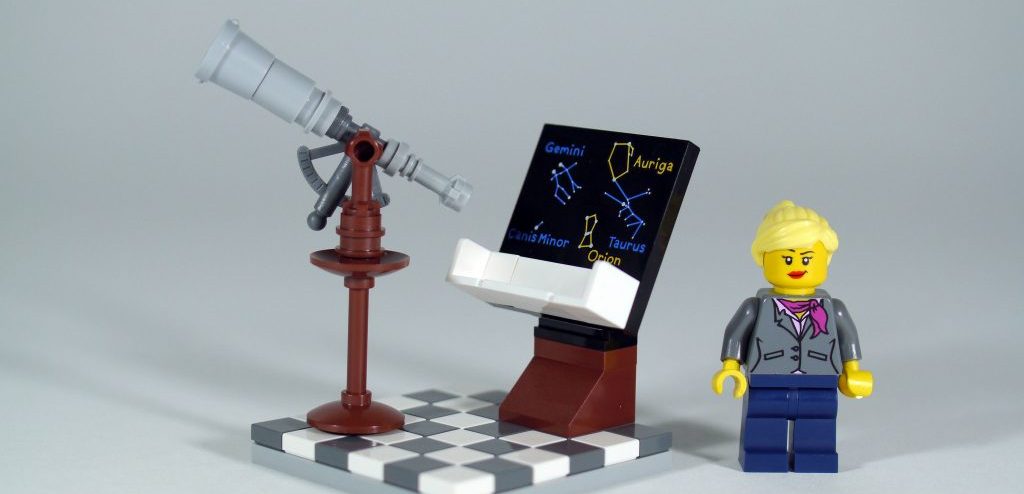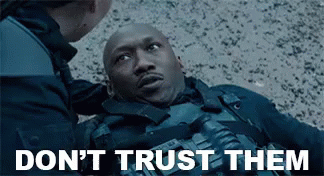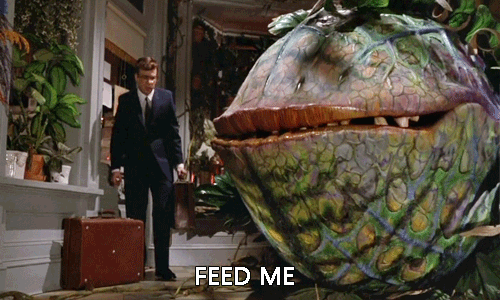So November is over and with it, my November writing challenge. To wrap up I thought it’d be nice to share a few things I learned in the process.
It’s a bit more reflective, so here’s the TL;DR:
- If you’re into science, share your love.
- The world needs as much pro-science content as possible.
- Don’t trust other people to look after your content for you.
- Trying to write a thing a day is difficult, but possible.
- If you write/draw/make it, there will be an audience.
1. Writing about science is a great way to learn
As the old proverb goes, the best way to learn is to teach. I’m a huge science fan so I have a basic understanding of many aspects of it. But the sheer challenge of finding 30 different things to write about has meant I’ve had to convert some of that shallow knowledge into deeper knowledge and I’ve learned loads.
I even discovered a couple of things I believed that didn’t turn out to be quite true. One example is when writing the piece on symbiotic relationships, I wanted to use the classic example of the crocodile and the plover, but it turns out there’s no real evidence for it actually happening.
2. It wasn’t easy…
On the 1st of November, when I was so much younger and more naïve, I thought I could easily bash out a little BuzzFeed-type article in a couple of hours.
Little did I know over the course of the month I’d end up writing on buses, trains, and tubes, staying up late to get articles published before midnight – on a couple of occasions only just.
The thing is, I probably could write something pretty quickly, but it’s all the other stuff that requires more time. Researching, trying to find a decent angle on something that would be easy to boil down to a short piece, finding good links to reference that give readers more information in an accessible way, sourcing decent images and videos to break things up a bit, that kind of thing.
It was pretty stressful at times, trying to juggle writing with work and social commitments. But if it was easy it wouldn’t be a challenge I guess.
3. … but it’s been worth it
The main reasons I decided to take on the challenge were to build up a repertoire of articles for myself and to try and break my habit of obsessive self-editing.
I now have a decent little collection of articles that I hope people will find useful. Some of them have already spawned ideas for longer-form pieces and will benefit from a deeper dive, whereas others are fine on their own.
I also have a ton of great suggestions from people, many of which I couldn’t work out how to cover in so little time but will be great inspiration for the future. Huge thanks to all.
On the self-editing front, I had to learn pretty quickly to get over my tendency to go into very fine detail and check myself countless times. There are certainly areas where I could have been clearer, or gone deeper, but I realised that sometimes just having content out there is as important as covering every minuscule aspect of a topic.
One of the issues with science writing is constantly being on the wrong side of the so-called Bullshit Asymmetry – it’s easy to generate large amounts of content when you’re not concerned with fact-checking or technicalities, but much harder to try and be accurate.
That means the pro-science “side” is always playing catch-up so it’s more important to be tightly-focused and try not to get bogged down – otherwise, by the time you’ve debunked Goop’s latest claim, Natural News has already come out with a new one that’s spreading like wildfire.
4. Don’t trust other people with your content
At the start my intention was to publish stuff on BuzzFeed, hoping to take advantage of their easy editor and maybe benefit from some traffic too. Unfortunately it didn’t work out that way. BuzzFeed will only push traffic to community articles if they get approved by a moderator, which I never managed.
More worryingly BuzzFeed can, and will, delete your content without warning or explanation, for no apparent reason. And there’s no way to get it back once it’s gone.
The first piece to fall victim to this was the celebrity pseudoscience one. I was surprised – nothing in the piece was libellous or offensive, and all images were used with proper credit for reasonable purposes. I just guessed they didn’t like me having a pop at celebs.
What was even more shocking was when my piece about areas where climate change is already having an effect was also removed. There is literally no reason I can think of why that piece would be pulled.
The lesson is that you shouldn’t trust other people with your content. If you don’t want to run your own site, always have a local copy, and back it up. I got lucky with the celebrity piece as I was able to get it out of the Google cache, but after that I made sure I kept copies.
The solution I’ve decided to go with is to self-hosting here and syndicating out to places if I feel like it. I won’t bother with BuzzFeed again, though. I’m a web guy by trade so feel free to drop me a line if you want some advice on getting your own site set up.
5. Science fans are hungry for content
The main thing I learned is that there is a huge audience out there just waiting to read pro-science content. A couple of my pieces for the challenge got shared quite widely, and most of them got a decent number of reads and shares.
Obviously some will do better than others, but my philosophy is that even if I only reach one person it’s worth it. You never know if your angle might be the one that gets through to someone.
If you want to share your love of science, do. Don’t worry about whether anyone will read it, or whether it’s been done before. The web already has a ton of pseudoscience, so every single piece of accurate content is important.
Write, make memes, draw cartoons, create infographics, whatever you’re into. Just make it, share it, and let it go off into the world.
Conclusions
It’s been… a thing. Sometimes fun, sometimes stressful. Thank you so much to everyone who’s supported and/or tolerated me this month. Thank you to everyone who’s shared articles around or given feedback.
And a huge thank you to all the actual proper science writers and communicators out there, your work is so important and I promise to keep doing everything I can to promote science and reason over fearmongering.
Header image by Camille Kimberly.




